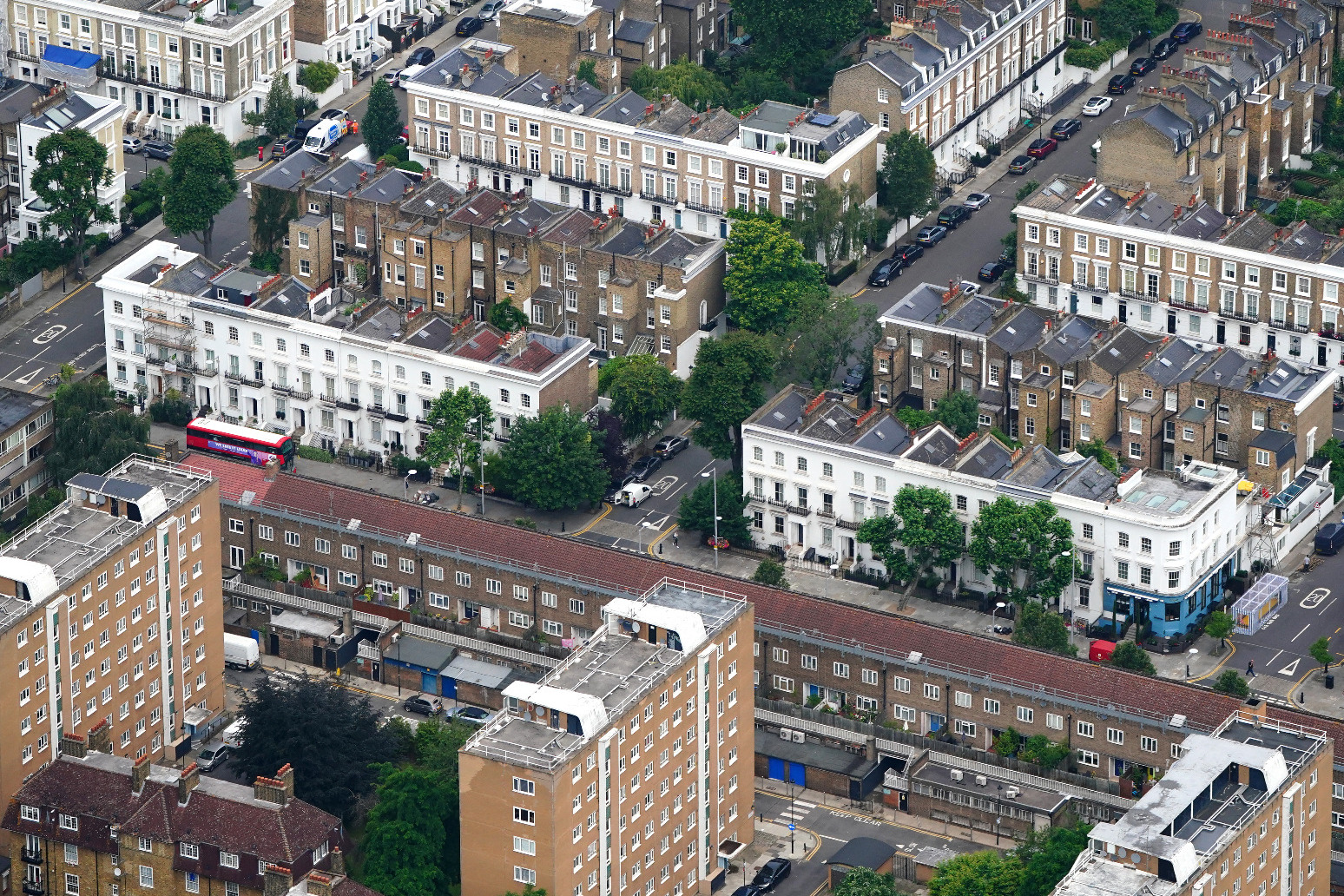
Vulnerable people increasingly left with poor-quality supported housing
That's according to a report by Parliament’s Public Accounts Committee
Vulnerable people are increasingly being placed in poor-quality supported housing in a system left open to “unscrupulous landlords” and in need of reform, MPs have warned.
Fraud is also still going largely unaddressed in the sector and gaps in regulation mean some providers face less scrutiny, a report by Parliament’s Public Accounts Committee (PAC) found.
The public spending watchdog said Government action to improve matters in supported housing, which is “riddled with long-standing challenges”, fall “woefully short”.
A lack of reliable data about the sector poses difficulties to assess or resolve problems within it, MPs said.
“Patchy oversight and regulation give unscrupulous providers the opportunity to rent out poor-quality housing with limited support, while profiting at the taxpayers’ expense,” the report said.
Many councils do not have the resources to check individual housing benefit claims for fraud, meaning the Government is unable to identify how many applications for supported housing are bogus, the PAC said.
The Department for Work and Pensions (DWP) has calculated that £540 million of housing benefit claims in the UK in 2021-22 were fraudulent, but it does not know how many of these are for supported housing specifically, according to the committee.
The department acknowledged “there is unscrupulous behaviour in the supported housing sector and there are gaps in how it is dealt with”, the report said.
The report recommended that within six months, the DWP should set out how it intends to identify the level of supported housing fraud and how it will support local authorities in tackling the problem.
The PAC welcomed the Supported Housing (Regulatory Oversight) Bill, which the Government hopes will raise standards in supported accommodation and stop rogue landlords from exploiting the system, but said “reform is long overdue”.
The Act, which has now gained royal assent, mainly focuses on the subset of exempt, short-term accommodation – an expanding sub-sector of supported housing for residents with specific needs that is exempt from local caps on housing benefit – rather than all supported housing, the PAC said.
But exempt accommodation also has “little regulation or oversight, leaving it open to unscrupulous providers”, the committee said.
The demand for supported housing also outstrips supply, with only half of the Government’s target of 10% within the new affordable homes programme currently forecast to be achieved by 2026, the PAC warned.
Dame Meg Hillier MP, the chairwoman of PAC, said: “Well-run supported housing could not be a more essential resource for some of the most vulnerable in our society. The sector is in desperate need of root-and-branch reform – wide open to fraud and the predations of unscrupulous landlords, and badly letting down the people who need it most. But our report finds a Government unprepared to even assess the problem, let alone address it.
“Without firm data on the problems with supported housing, the Government will be able only to continue to agree with our committee that the sector is not working as it should. It is welcome to see legislation now passed aimed at tackling part of the issue relating to exempt accommodation, but we are concerned that Whitehall will be leaning on an under-resourced local government to achieve change. We hope the recommendations in our report help support these long-overdue reforms.”
The Government has been contacted for comment.
Published: by Radio NewsHub